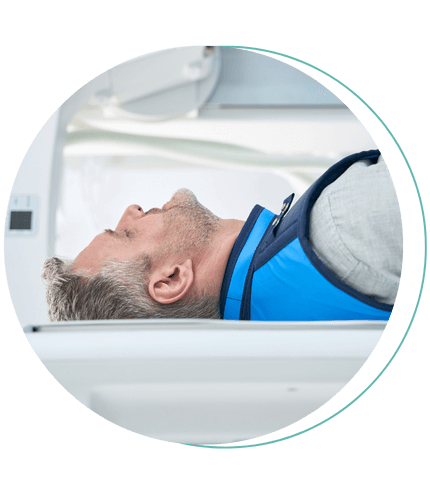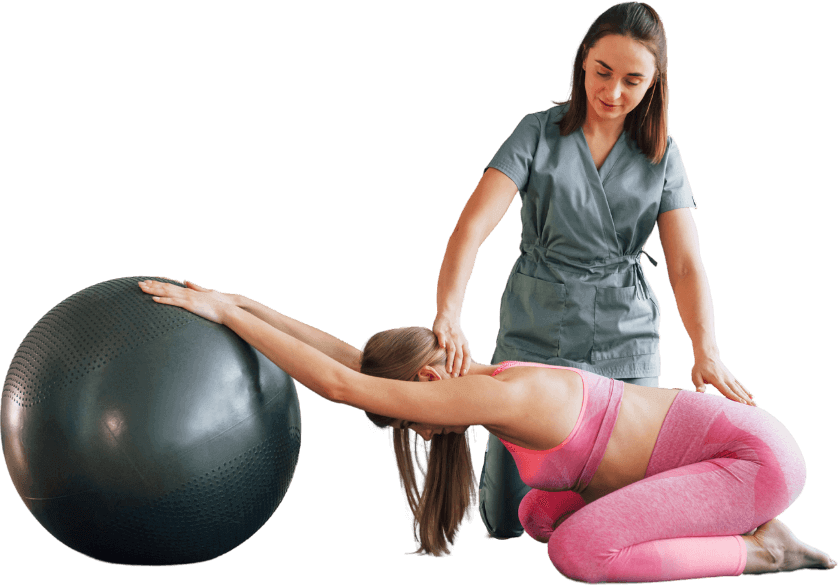What Is A Concussion?
A concussion is a type of traumatic brain injury (TBI) that’s caused by some form of impact to your head, or body, that results in the head and brain to move rapidly back and forth. Typically, the effects of a concussion will last for a couple of weeks, but some people could experience symptoms for months or more.
What Are The Symptoms of Concussion?
The symptoms that typically accompany a concussion are as follows:
- Headache or “pressure” in head.
- Nausea or vomiting.
- Mood changes
- Depression
- Balance problems or dizziness
- Double or blurry vision.
- Bothered by light or noise.
- Feeling sluggish, hazy, foggy, or groggy.
- Confusion, concentration, or memory problems.
- Just not “feeling right,” or “feeling down”.
But it’s important to keep in mind that you may not immediately experience any symptoms – if you or your child has recently fallen, experienced a blow to the head or an injury that shook the head and neck, then proper precaution should be taken to rule out a concussion.
You can also run a simple at-home test to identify a concussion. Carefully shine a low-beam flashlight from the outer edge of each eye inward. Pupils should quickly get smaller (constrict) in response to the light.
Regardless of the results of this test, it is a good idea to contact a healthcare professional, trained in concussion diagnosis and treatment, for help.
What Are My Treatment Options for Concussion?
If you’ve experienced a concussion then rest is critical, we all know that – but it doesn’t end there. For a fast and full recovery, medical intervention should take place. There, your doctor can develop a custom plan for you to ensure that your unique needs are met, and that your risk levels of second concussion syndrome are low. Some of these treatments could include:
- Exercise Therapy, under the care of professionals.
- Cognitive Training
- Vision Therapy & Vestibular Therapy.
Get in touch with our experts here at Parker Performance Institute today, to learn more about the treatment options available for concussions.
Frequently Asked Questions About Concussions
How long does it take for a concussion to fully heal?
It can vary – depending on the severity of it alongside a range of other variables. Some people might recover within 2 weeks. However, in some cases, it may take up to 3 months or longer.
How likely is second concussion syndrome?
While suffering from a second concussion shortly after your first is very dangerous, and can even be fatal, it’s also unlikely if you take the proper care once you experience your first concussion. You should sit out of all sport or situations where you could experience a bump to your head until your first concussion is healed.




